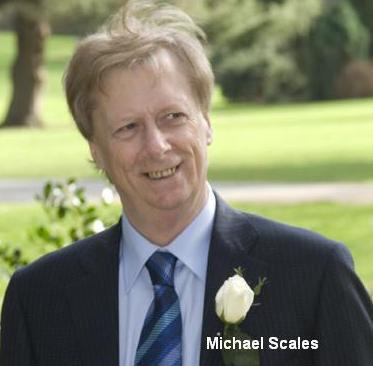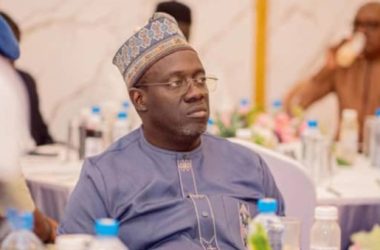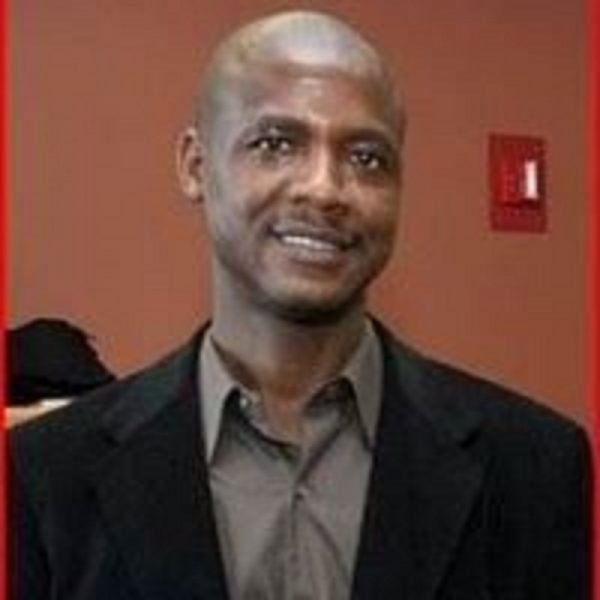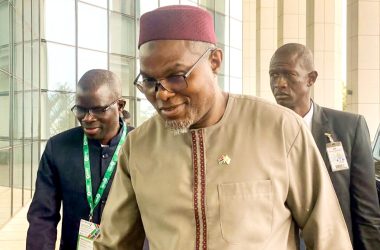 (JollofNews) – For me, 10th April 2000 is a sorrowful memory and the anniversary brings back uncomfortable emotions. I am only too well aware of the significance of this date to Gambians for it shoulders the entire burden of guilt on all of us who were there and witnessed the carnage, experienced the fear and shed ice cold tears of deep regret.
(JollofNews) – For me, 10th April 2000 is a sorrowful memory and the anniversary brings back uncomfortable emotions. I am only too well aware of the significance of this date to Gambians for it shoulders the entire burden of guilt on all of us who were there and witnessed the carnage, experienced the fear and shed ice cold tears of deep regret.
I had entered the Gambia for the first time on Friday 7th April 2000 on a family visit. The first of 19 such visits to the once ‘Smiling Coast’. My hosts had gone to great lengths to throw a welcome party at my family’s compound on Sunday. We being Christians were separated from our Muslim guests and played loud music and downed a few beers whilst our Muslim friends were seated separately drinking soft drinks and quietly gracing the occasion with a serene dignity and some noticeable tolerance to the much louder Christian party. This discipline of peaceful co-existence was strikingly obvious and thought provoking.I mingled easily between the parties and exchanged greetings and interest in our respective positions. Everyone knew their place. The evening was warm, the air scented with exotic flowers and the encroaching dusk gave way to much cordiality and comfort and relaxed conversation. I was greatly impressed at my induction into Gambian society.
The following morning, 10th April, I woke up at the Francisco Hotel, where I was staying and had breakfast besides the pond inhabited by exotic fish and flora, making ready to meet the Mayor of Banjul for a pre-arranged appointment. We took a taxi from the waiting pool by the hotel and made our way towards Banjul.
Almost immediately, I noticed a cloud of black smoke in the distance, in the vicinity of the American Embassy and I asked the driver whether some buildings may be on fire.
But before he could give an answer, I saw an open back military lorry heading towards us at high speed. As it passed something hit the windshield of our taxi. I turned to look through the rear window to see a young boy in white shirt covered in blood on the back of the lorry, surrounded by soldiers who were hitting with the butts of their rifles. His white shirt was red with soft blood. Turning my eyes back to the road, the taxi driver was trying clear the screen with his wipers. They were stuttering and struggling to clear the screen, which for a moment blocked the sunlight into the car. The screen was covered in blood.
As we got to the US Embassy, a large crowd was blocking the road. I saw car tyres being set on fire on the road and parked vehicles on their side. The noise of screaming voices clouded by thick black acrid smoke was deafening. The driver said we must go round and turn left down a side road. I saw soldiers with sticks beating what appeared to be school children, working in concert to grab those they could, dragging them from the main body of protesters. I caught a glimpse of a soldier aiming his rifle at the crowd, who was being pelted with stones. He refused to fire, and eventually fell to his knees taking some heavy hits from the stones. He lay unconscious and motionless as his body was crushed by the surging crowd.
We made it to my family’s compound and sat inside the iron gates. I was visibly shaking. My legs were weak and my mind was racing with what I had just seen. Almost immediately, the sound of gunfire filtered the air all around. It was very close and grew louder. We were just off the Jimpex road. There were single shots, then sometimes automatic cascades of fire and the occasional thump from guns firing rubber bullets.
Later in the afternoon, I was persuaded with some difficulty to attend an appointment with an uncle at Gambian Electrical. We walked the short distance across the Jimpex road. At the road, there were some children to the left, throwing stones onto the road and to the right there were a line of police and other security officers with rifles. My escort shouted “Toubab! Toubab! At which the exchange was temporarily halted. We walked across the road. A student apologised to me for the fracas as we passed through. I nodded and said thank you.
My uncle also apologised and told me not to worry as the whole thing will quieten down before tea time. Being a first timer, I was totally confused and mentally numb and my senses compromised and my emotions dead.
That evening at around 9.30pm, we left for the Atlantic Hotel by private car and as we approached the Denton Bridge, we realised that we were the only car on the road for miles. We were flagged down by soldiers at Denton Bridge armed with AK47 rifles. I was sitting at the back right of the car with my window open and suddenly a young soldier, aimed his torchlight at my face and poked his AK47 through my window with the barrel almost touching my nose. My companion was screaming in Gambian at the soldier, whose fear was apparent by the expression on his sweating face. It was a very tense moment. The soldier was quickly joined by a sergeant in an Australian type desert hat. He shouted at the soldier who withdrew his gun and stood back. The sergeant apologised and bid us safe journey. “The road ahead is clear, enjoy your day,” he said.
My in-laws later accounted that many students and a family friend, Omar Barrow, was killed and many others had been severely injured.
After 15 years, this anniversary has never diminished the horror or the experience or lessoned the recurring nightmares that see me wake in a cold sweat. The bravery of those who perished is only equalled by the guilt of those who committed this atrocity. What is even more persistent and enduring is the indifference of those tasked to administer true justice for the dead and injured to remain an indelible stain upon the conscience of a nation still unwilling to address the cause for justice for the families of those still living with the memory.
To rush to pass a law that absolves all from wrong doing in the aftermath of this tragedy is to commit a grievous act of cowardice that leaves the Gambian government and your president in a permanent and unforgivable state of denial. Under any state of true accountability, the ultimate responsibility for this barbaric act of madness must lay firmly on the head of state. The honourable conclusion would have been for President Jammeh to resign. The Gambia will only come to terms with the lost of its youth and its innocence on 10th April 2000 when all those responsible are held fully accountable through an adequate legal process that honours the dead and compensates the living.
The APRC government has lost its credibility as it has the blood of its noble children on its hands. No matter how anybody tries to bury this shocking passage of regrettable Gambian history, this ever recurring anniversary will outlive those who know their guilt. May I once again offer my unswerving and sincere condolences to the families of the bereaved and my continued support to those who survived.
After 15 years of reflection here in the comparative safety of my comfortable surroundings, I am left with a conscience that feels these youngsters were endowed with the courage and heroic bravery that myself as a responsible adult has never truly owned. I can only express my deep shame at those of us whose maturity on that fateful day was garnished with our own selfish lives whilst the children carried out our responsibility with valour. 10th April 2000 was memorable day when children’s courage in defence of their own kind brought shame to adulthood. It was every adults darkest day.





